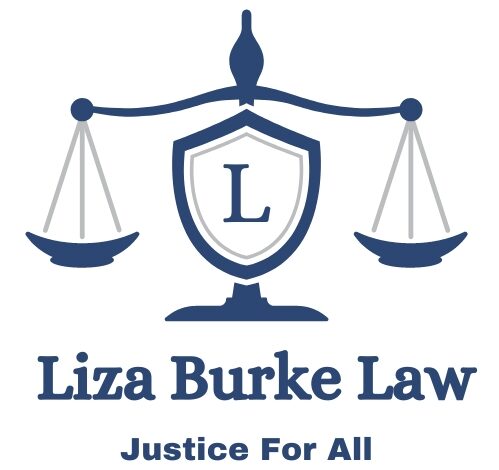Death is not a topic that most people like to discuss, but it is an inevitable part of life. Whether you have significant assets or not, it is essential to plan for what happens to your property, finances, and even your children when you pass away. Estate planning can help you ensure that your wishes are followed and that your loved ones are provided for after you are gone.
Estate planning involves creating legal documents that outline how your assets will be distributed and who will be responsible for making decisions on your behalf if you become incapacitated or pass away. There are several important elements of estate planning, including wills, trusts, and probate.
Wills
A will is a legal document that specifies how your assets will be distributed after your death. It can also name a guardian for any minor children and an executor to manage your estate. If you die without a will, your assets will be distributed according to state law, which may not align with your wishes.
Creating a will is a relatively straightforward process that typically involves working with an attorney. You will need to list all of your assets and specify who you want to receive them. You can also include instructions for any funeral arrangements or other requests.
It is important to keep your will up-to-date as your life circumstances change. For example, if you get married, divorced, have children, or acquire significant assets, you will need to revise your will to reflect these changes.
Trusts
A trust is another legal instrument that can help you manage your assets and provide for your loved ones after you pass away. There are several types of trusts, but the most common are revocable and irrevocable trusts.
A revocable trust, also known as a living trust, allows you to transfer ownership of your assets to the trust while you are still alive. You can serve as the trustee and continue to manage your assets as you see fit. When you pass away, the assets in the trust will be distributed according to your wishes.
An irrevocable trust, on the other hand, cannot be changed or revoked once it is established. You will need to transfer ownership of your assets to the trust, and they will be managed by a trustee of your choosing. The assets in the trust will be distributed according to the trust’s provisions after you pass away.
Trusts can be particularly useful for individuals with significant assets or those who want to provide for their loved ones over an extended period. Trusts can also help you avoid probate, which can be a time-consuming and costly process.
Probate
Probate is the legal process of settling an estate after someone dies. It involves validating the deceased’s will, identifying and valuing assets, paying any debts or taxes owed, and distributing assets to beneficiaries. If someone dies without a will, probate will still be necessary, but the court will appoint an administrator to manage the process.
Probate can be a lengthy and expensive process, and the court fees and attorney fees can eat into the estate’s assets. It can also be a public process, which means that anyone can access information about the estate’s assets and how they are distributed.
However, probate can also be necessary to ensure that all creditors are paid and that the assets are distributed fairly. In some cases, disputes may arise among beneficiaries, which can further complicate the probate process.
Estate planning can be a complex process, but it is essential to ensure that your wishes are followed and that your loved ones are provided for after you are gone. A will can help you specify how your assets will be distributed, while trusts can provide more control and flexibility over the distribution process. Probate is a necessary process for settling an estate, but it can be time-consuming and costly, so it may be worth considering ways to avoid it, such as setting up a trust or transferring assets to beneficiaries before you pass away.
In addition to making sure your assets are distributed as you wish, estate planning also involves preparing for potential incapacity and making decisions about end-of-life care. Advance directives, such as a living will and durable power of attorney for healthcare, can ensure that your healthcare wishes are respected and that someone you trust is able to make decisions on your behalf if you are unable to do so.
Overall, estate planning is an important step to take to protect yourself and your loved ones. It’s best to consult with a qualified estate planning attorney to ensure that your estate plan meets your unique needs and goals.

